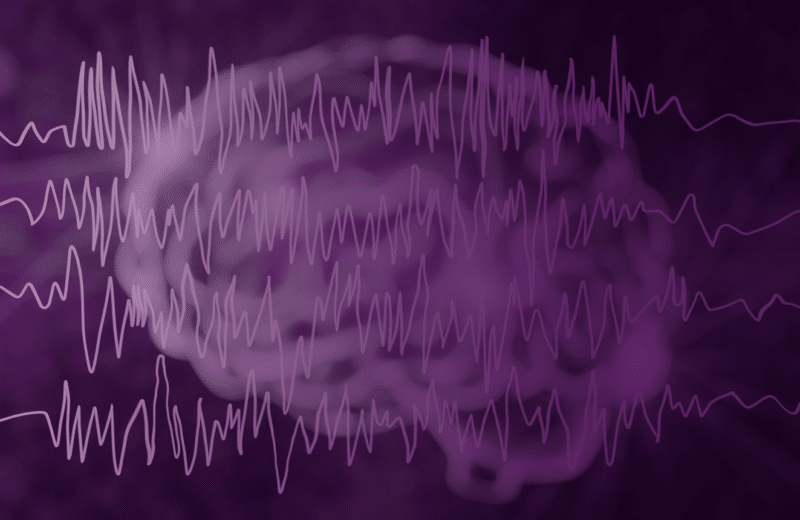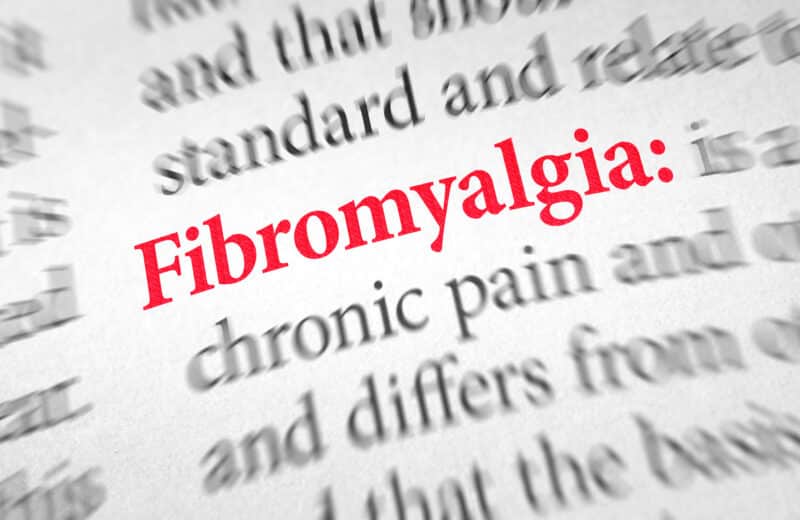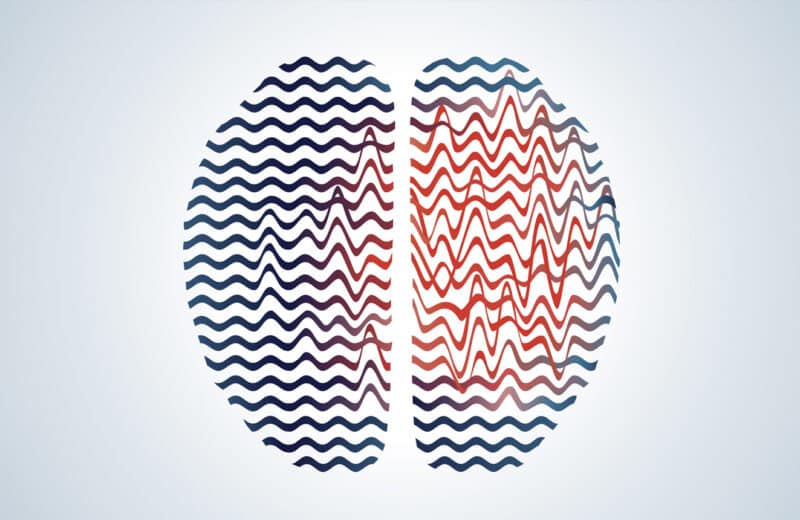The Medicine Cabinet: Ask the Harvard Experts
Q: I have persistent numbness and tingling in my feet. I think it might be peripheral neuropathy. It’s tolerable now, but I worry about it getting worse. What can I do?
A: Peripheral neuropathy is nerve disease involving branches of nerves that are farthest away from their origins in the spinal cord.
The longer a nerve is, the more likely it is to be affected by neuropathy. Since the nerves connecting your brain to your feet are the longest, the symptoms of peripheral neuropathy almost always begin in the feet. Later on the hands can be involved.
You have two of the most common symptoms, numbness and tingling. Most people also experience pain. As you suggest, peripheral neuropathy is the likely diagnosis. But you should see your doctor to confirm it.
The causes of peripheral neuropathy are many and various. In the United States, diabetes leads a long list that also includes excessive alcohol consumption, nutritional deficiencies, exposure to toxic chemicals, inherited conditions and autoimmune disorders.
Fairly often, though, the origin can’t be identified, which can be frustrating for doctors and patients alike. Those cases are called idiopathic peripheral neuropathy — idiopathic being the medical term for a disease from an unknown cause.
With peripheral neuropathy, once the cause is removed or at least reined in, the nerves may heal and the symptoms ease up. Peripheral neuropathy from diabetes is a prime example. By keeping blood sugars close to the normal range when diabetes is first diagnosed, peripheral neuropathy can be prevented. Even if symptoms are already present, you can halt the progression with diet, exercise, and medication to maintain good blood sugar control.
Other examples of treatable causes of neuropathy include stopping alcohol use if it is excessive, avoiding toxins and correcting vitamin and other nutritional deficiencies.
In many cases, even when the cause is known, people with peripheral neuropathy need relief from the symptoms, especially if one of them is pain. Unfortunately, conventional painkillers like acetaminophen, aspirin, ibuprofen or naproxen may not be effective.
There are several antiseizure drugs and antidepressants that can significantly reduce symptoms. Examples include gabapentin (Neurontin), carbamazepine (Tegretol), pregabalin (Lyrica), amitriptyline (Elavil) and duloxetine (Cymbalta). Topical therapies, such as lidocaine and capsaicin, may also provide pain relief.
Some people claim that yoga, acupuncture and mindfulness meditation have done wonders. Supporting data are scarce, but these alternative approaches might be worth a try as long as there’s little risk of harm.
(Howard LeWine, M.D. is an internist at Brigham and Women’s Hospital in Boston and assistant professor at Harvard Medical School. For additional consumer health information, please visit www.health.harvard.edu.)
(c) 2017 PRESIDENT AND FELLOWS OF HARVARD COLLEGE. ALL RIGHTS RESERVED. DISTRIBUTED BY TRIBUNE CONTENT AGENCY, LLC.












